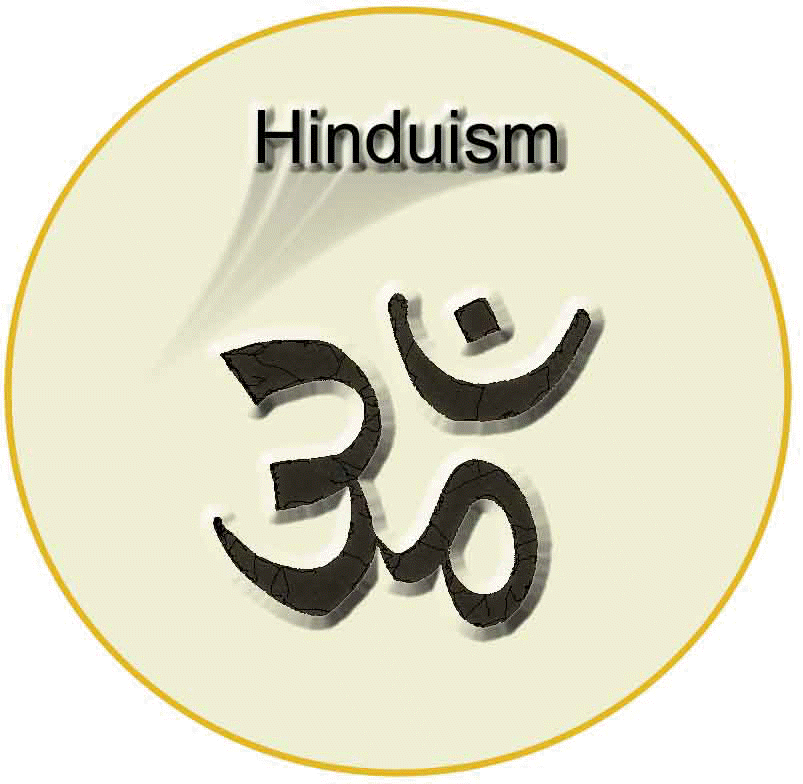 One of the great things about The Huffington Post is its willingness to provide a forum for open discourse about the role religion can play in social uplift.
One of the great things about The Huffington Post is its willingness to provide a forum for open discourse about the role religion can play in social uplift.
To the dismay of many of us who write regularly for the publication, however, an article this week on faith-based organizations doing good works did not mention a single Hindu organization until the piece was updated to include the UK-basedBhumi Project. The lack of Hindu representation on the list was surprising (since it’s the world’s oldest major religion and the third largest) and disappointing, given the abundance of Hindu-based organizations in the United States and elsewhere committed to applying the religion’s philosophies for positive social change.
In fact, the concept of seva — or selfless service — has become a galvanizing force among Hindus in the West, especially among those who see the eradication of poverty, the preservation of the environment, an end to racism, sexism, and homophobia as part of our spiritual mission. There are countless Hindu organizations that have tapped into energy for service. Here are some outstanding examples that come to mind.
All India Movement For SEVA: One of the most well-known India-based Hindu charities, AIM for SEVA’s work is focused on improving the lives of the rural poor in India. Started by Swami Dayanand Saraswati, whose ashram and Vedic school is based in the Poconos in Pennsylvania, the effort focuses on providing health care and education through a holistic community development approach. Active in 15 Indian states, AIM for SEVA’s work is internationally recognized, with significant support coming from Hindu Americans in the United States.
SEWA International: The American-based SEWA International’s goals are simple but powerful. Guided by the Hindu philosophy of serving all and promoting the well-being of all, the groups emphasizes serving humanity in distress; aiding local communities and promoting volunteerism. With chapters in 22 states here and in 17 countries worldwide, the group is in the frontlines of disaster relief and humanitarian aid.
International Association for Human Values: Started nearly 20 years ago by Art of Living founder Sri Sri Ravi Shankar, the International Association for Human Values is one of the most active organizations in social service and humanitarian aid, whether in providing immediate relief in the wake of natural disasters, women’s empowerment initiatives, or healthy living counseling for convicts. In fact, its prison meditation program has won international acclaim for helping to transform the lives of those incarcerated. IAHV is driven by its diverse volunteers, both Hindu and non-Hindu.
BAPS Charities: As the social service wing of the BAPS Swaminarayan Sanstha sect of Hinduism, BAPS Charities is active across the world, improving education for the poor and providing free medical clinics for those with no access to health care. Community service is one of the pillars of the Swaminarayan community, and the BAPS Charities expatriate efforts are fueled by a legion of volunteers in countries such as the United States, Canada, Kenya, South Africa, and the United Kingdom.
Bharat Sevashram Sangha of North America: Though founded in the Indian Subcontinent, BSS in North America is driven primarily by Hindus of Guyanese and Trinidadian descent. The charity provides volunteers for disaster relief and emphasize holistic education, particularly for the economically disadvantaged.
Lastly, I’d be remiss if I didn’t mention my employer, the Hindu American Foundation’s (HAF) efforts at combating anti-Hindu bullying, promoting marriage equality, uplifting Bhutanese refugee communities, fighting caste discrimination, and working to ensure that hate crimes against minority religious groups are thoroughly investigated.
While there should be a top 100 list for each of the world’s major religious traditions, it’s important to appreciate that an interfaith snapshot of service and good works should be truly inclusive. After all, the true impact of social change can only come with the recognition that such progress is enabled only through pluralism.





